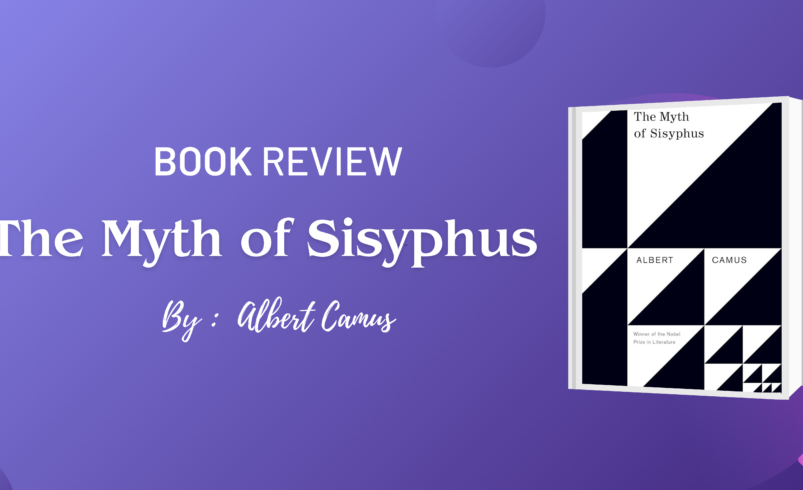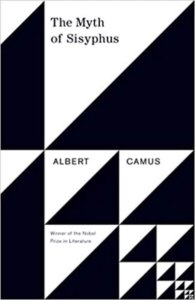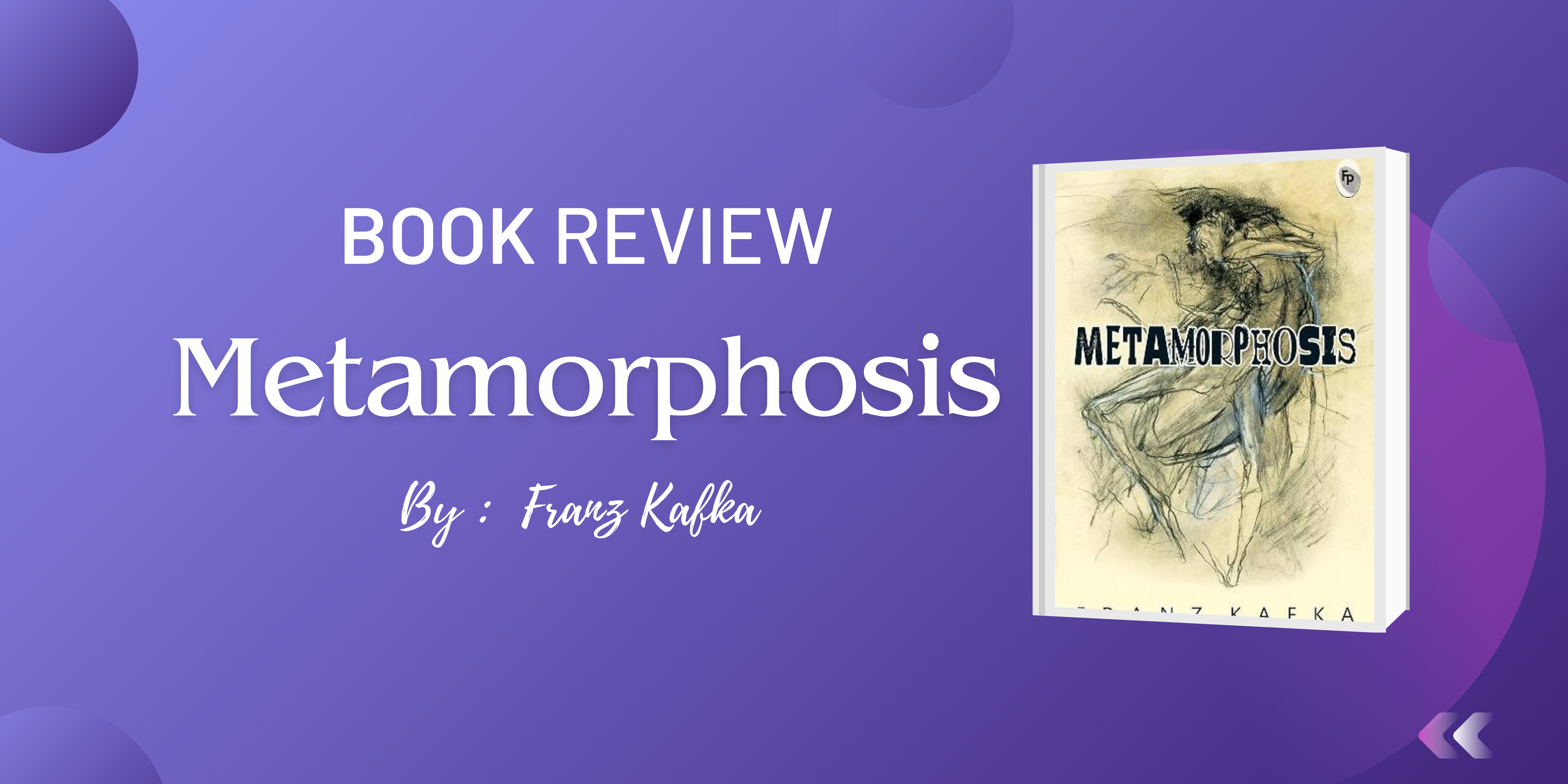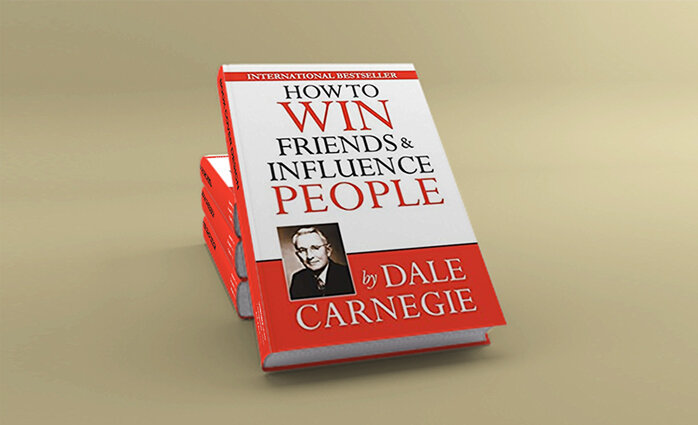
“I see many people die because they judge that life is not worth living. I see others paradoxically getting killed for the ideas or illusions that give them a reason for living (what is called a reason for living is also an excellent reason for dying).”
Contents
Who was Sisyphus?
Sisyphus, a figure from Greek mythology, is best known for his eternal punishment in the afterlife, a consequence of his deceitfulness and cunning nature during his mortal life.
According to the myth, Sisyphus was the king of Corinth and was notorious for his deceitful and cunning ways. He was known for his ability to outsmart both mortals and gods alike, earning him a reputation as one of the most cunning figures in Greek mythology.
Sisyphus’s most famous exploit involved tricking and chaining Thanatos, the personification of death, thus preventing anyone from dying. This act angered the gods, particularly Zeus, who saw it as a disruption of the natural order. As punishment for his hubris and deceit, Zeus condemned Sisyphus to an eternity of futile labor in the underworld.
Sisyphus’s eternal punishment consists of rolling a massive boulder up a steep hill, only for it to roll back down just as he reaches the end, forcing him to repeat this futile task for all eternity. This punishment reflects the cyclical nature of life and the inevitability of struggle and frustration.
Sisyphus’s Relevance in Existentialism
Sisyphus holds significant relevance in philosophy, particularly existentialism, due to the existentialist interpretation of his myth by the French philosopher Albert Camus.
In his seminal essay “The Myth of Sisyphus,” Camus explores the existential dilemma of human existence in a seemingly indifferent universe. He uses Sisyphus’s eternal punishment as a metaphor for the absurdity of life. Sisyphus’s ceaseless task of rolling the boulder uphill, only for it to roll back down, mirrors the human experience of undertaking futile endeavors and facing inevitable obstacles. Camus suggests that despite the inherent meaninglessness and absurdity of existence, individuals have the freedom to create their own meaning and rebel against the absurdity through acts of defiance and acceptance. He famously concludes that “one must imagine Sisyphus happy” because, despite his futile labor, he finds purpose and meaning in his struggle itself.
Sisyphus embodies the existentialist notion of embracing the absurdity of life without succumbing to despair or nihilism. His defiance against the gods and his unyielding determination to continue his task symbolize the human capacity for resilience and rebellion in the face of adversity.
The myth of Sisyphus has also been interpreted in other philosophical contexts beyond existentialism. It has been used to explore themes such as the nature of punishment, the human condition, the concept of eternity, and the cyclical nature of existence.
Sisyphus’s relevance in philosophy lies in its exploration of fundamental existential questions about the meaning of life, the nature of human existence, and the individual’s struggle to find purpose in a seemingly indifferent universe. Through various philosophical interpretations, Sisyphus continues to provoke reflection and contemplation on the human condition and the pursuit of meaning in the face of absurdity.
The Absurd Man, The Absurd Reasoning
Albert Camus, a prominent existentialist philosopher, introduced the concept of the “absurd man” and “absurd reasoning” in his philosophical essay “The Myth of Sisyphus.”

The absurd man is someone who recognizes the inherent absurdity and meaninglessness of life but refuses to surrender to despair or nihilism. Instead, the absurd man confronts the absurdity of existence head-on and finds a way to live with it. He acknowledges the absurdity of the human condition, characterized by the clash between the human desire for meaning and the indifferent universe that offers none.
Absurd reasoning, as described by Camus, is the philosophical response to the absurdity of life. It involves accepting the inherent meaninglessness of existence without resorting to illusions or false hopes. Absurd reasoning rejects the pursuit of transcendent meaning or metaphysical explanations for human existence and instead embraces the concrete, immediate experience of life.
Camus contrasts absurd reasoning with philosophical systems that seek to provide rational explanations or comforting beliefs to alleviate the existential angst caused by the absurdity of life. He criticizes both religious faith, which posits a divine plan or afterlife, and philosophical systems like existentialism, which attempt to find meaning through individual freedom or authenticity.
Instead, Camus advocates for a form of rebellion against the absurd. This rebellion involves embracing life’s absurdity while simultaneously asserting one’s freedom and autonomy. The absurd man does not seek to escape or transcend the absurdity of existence but rather to confront it with defiance and acceptance.

In “The Myth of Sisyphus,” Camus uses the myth of Sisyphus as a metaphor for the human condition. Sisyphus’s eternal punishment of rolling a boulder uphill, only to see it roll back down, reflects the repetitive and seemingly meaningless nature of human existence. Despite this, Sisyphus finds meaning and purpose in his defiant struggle against the absurdity of his fate.
Camus’s philosophy of the absurd encourages individuals to embrace the absurdity of life with courage and dignity, to live authentically in the face of meaninglessness, and to find fulfillment in the act of rebellion against the absurd.
Camus’s philosophy of the absurd speaks directly to the modern quest for the meaning of life, in a sense it becomes a response to existential dilemmas in an era marked by uncertainty and upheaval. In a world where traditional sources of meaning have faltered, Camus’s emphasis on confronting life’s inherent absurdity and finding purpose through personal responsibility and rebellion resonates deeply. His philosophy provides a framework for understanding the complexities of modern existence. The philosophy guides individuals to embrace the challenge of finding meaning in the chaos and ambiguity of the human condition.

Kavya Sriram
Kavya Sriram is currently pursuing a triple major in Journalism Psychology and English. In her free time you can find her arguing the complexities of lana del rey’s albums or petting cats. Kavya loves to read and argue that “the book is better than the film”.
Recent Posts
- 25 Top Quotes from The 10X Rule to Supercharge Your Ambition
- 10 Books You Must Read to Succeed in Your Career
- 30 Little Tricks for Big Success in Relationships
- 25 Life-Changing Self-Help Books to Read This December: Boost Your Mood and Your Mind
- 25 Amazing Self-Care Tips for December: Wrap Yourself in Joy, Not Stress









